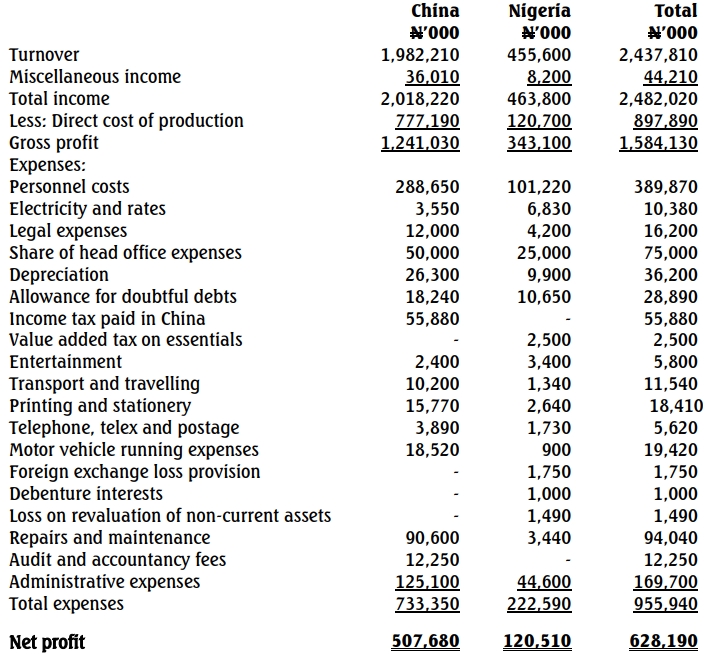- 3 Marks
PT – Nov 2024 – L2 – Q4b – Tax Implication of Gift under Income Tax Act
Advise on the tax implications of receiving a gift from a spouse under the Income Tax Act.
Question
Madam Tanaa is an employee of Tapoli Brewery Ghana LTD. Her husband, who is a retired staff of Tapoli Brewery LTD, gifted her a brand-new Toyota Camry costing GH¢270,000 on their 20th wedding anniversary. Madam Tanaa is worried about the tax implication of the gift and has approached you as a student learning tax at the Institute of Chartered Accountants, Ghana.
Required:
Advise Madam Tanaa on the tax implications of the gift of a Toyota Camry she received from her husband on their wedding anniversary, including the various options available to her.
Find Related Questions by Tags, levels, etc.
- Tags: Gift tax, Income Tax, Spousal Gifts, Tax Exemptions, Tax Reliefs
- Level: Level 2
- Topic: Income Tax Liabilities
- Series: Nov 2024



